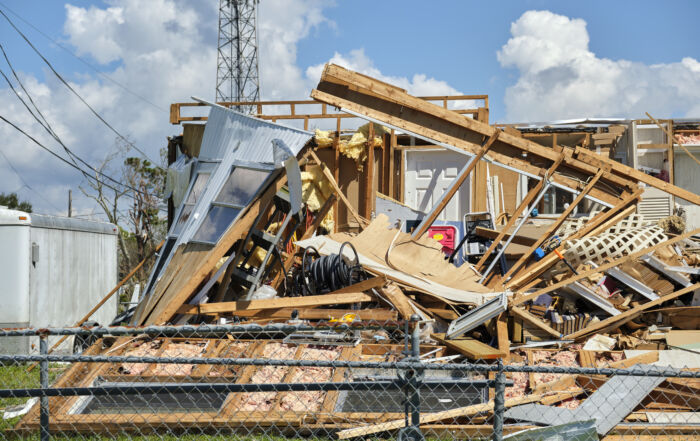Accountability Supports Food Safety Culture
With the low unemployment numbers, and competition for good workers, many managers may choose to look the other way when staff do not complete tasks when and how they should. You may recall the parent who tells the little scamp, I’m going to count to three – one, two, two and a half, two and three quarters, etc. – only to find there is no change in behavior. That little scamp may well end up in juvie because he/she was never held accountable for behavior – the parents always looked the other way just to keep the peace. But a failure to act has unintended consequences, not just for the child, but for others in the family. It is the same in any foodservice operation–lack of consistent adherence to defined and communicated ways of work can result in a free for all or someone going rogue. From there, a positive food safety culture can only go downhill because operational values are not being acted upon, and other employees (the good ones) may get frustrated and leave to work in a place where they feel valued.
Our research at Iowa State found that employees wanted to be rewarded when they did things right, and wanted employees who didn’t follow the rules to have consequences for their actions. With USDA funding, we created modules for managers to assist in developing infrastructure. In a nutshell, the recipe is not too difficult.
First, establish what and how the work should be completed. This is where the operation’s written standard operating procedures (SOPs) and employee policies play a role. Second, establish in advance what consequences there will be for failure to follow. At the same time, an operation could consider a rewards or incentive program for good performance. Some operations gather ideas from the leadership team only and others seek input from all staff in an effort to get buy-in. A consideration in this process is that the consequences and rewards are appropriate for the action: firing someone for being late after one offense might be too drastic but the team may decide firing someone after three unexcused absences is not. What is important is that once consequences are decided upon, there is consistency in implementing. That is what gives the backbone to any system. When the manager counts to three, it is done so the same way each time! Consistency in providing rewards is also important to avoid charges of favoritism. Managers will want to log when consequences are imposed to ensure a record is maintained in the event there is a legal challenge.
Documentation of the SOPs, employee policies, consequences for failure to follow, and training on these topics supports a positive food safety culture and is a risk mitigation strategy. Risk Nothing!
READ MORE POSTS
What Have We Already Learned from the Most Recent E. Coli Outbreak?
In late-September and peaking in very early-October, reports of increased Escherichia coli (E. coli) 0157:H7 cases [...]
Ensuring Food Safety in Emergency Foodservice Operations
As we were reminded earlier this month, emergencies can strike unexpectedly, whether due to natural disasters, [...]
Ensuring Food Safety in Emergency Foodservice Operations
Last week, many of us across the United States watched in disbelief as the southeastern portion [...]
Despite Gallup Polls, the US Does Have the Safest Food Supply in the World
As I settled into work one morning last week, a headline popped up on my computer [...]










